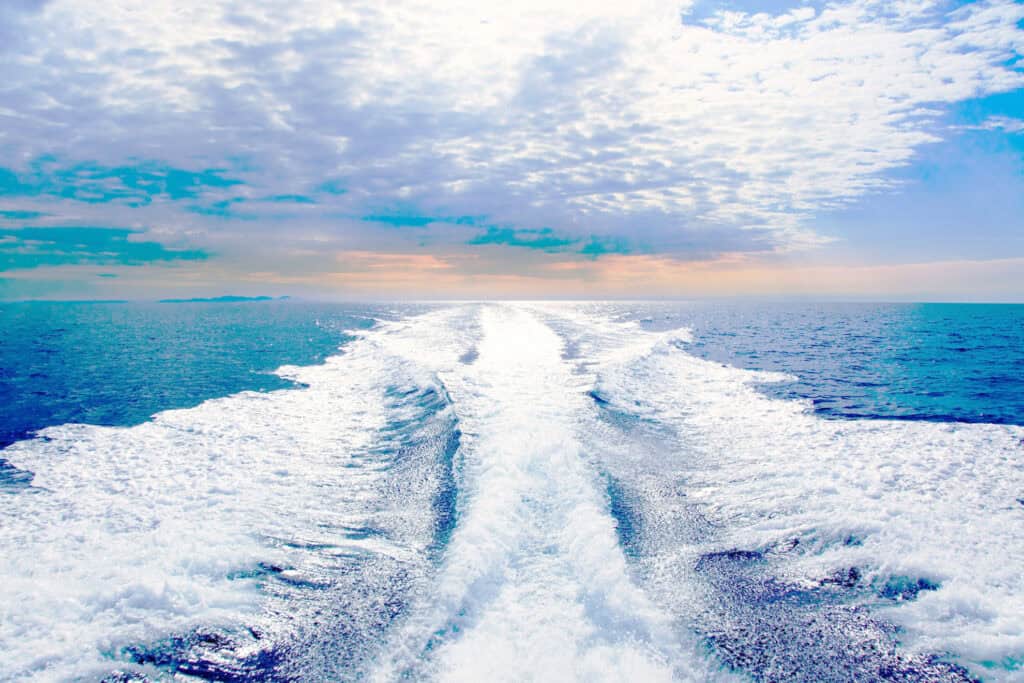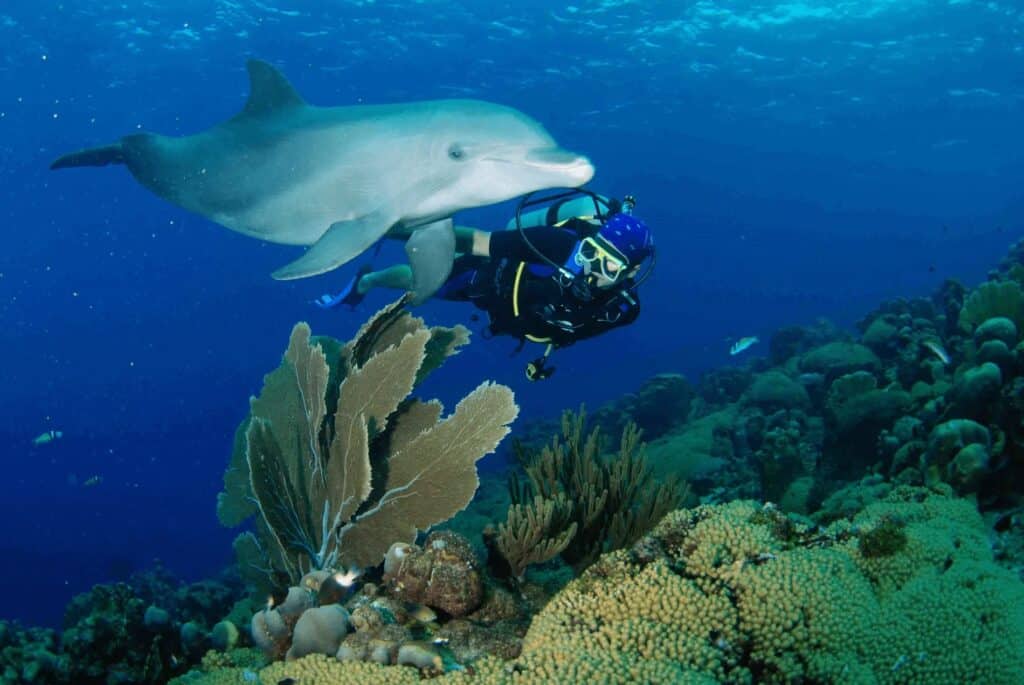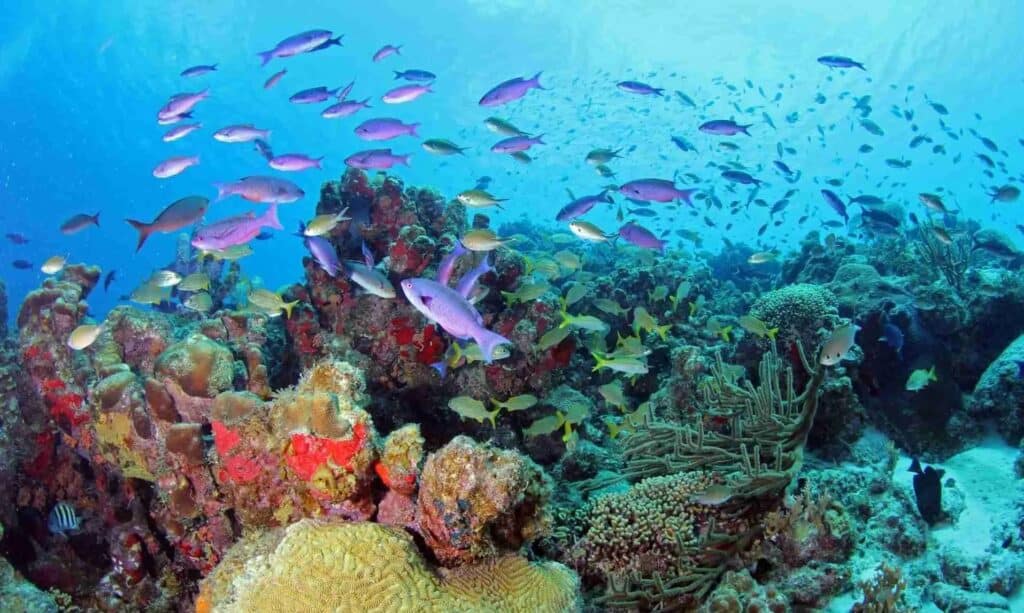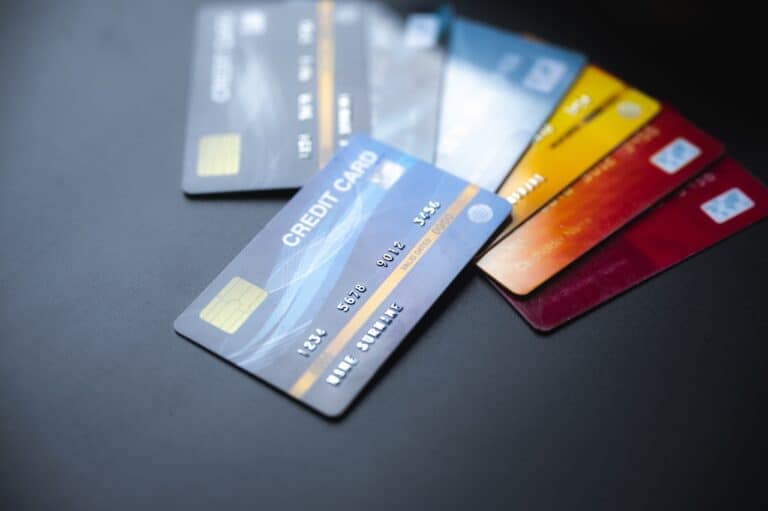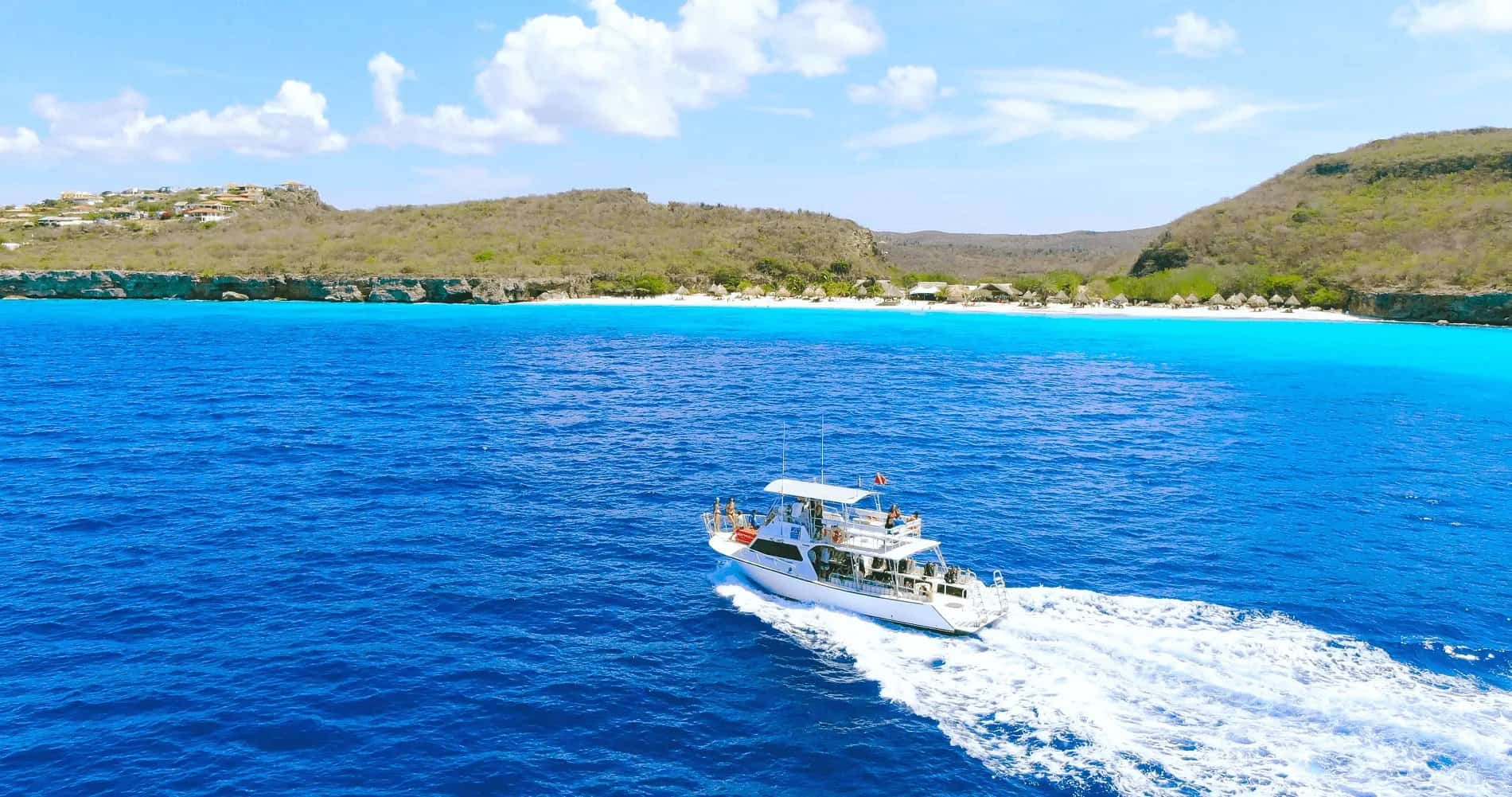
What should I be careful of in Curaçao?
What should I be careful of in Curaçao?
Planning a trip to this beautiful island and wondering what potential risks or challenges you might face during your stay?
Essential precautions for a safe Caribbean adventure
Curaçao is generally a safe destination within the Kingdom of the Netherlands, but like any travel location, you should remain aware of certain considerations. Petty theft can occur in crowded tourist areas and beaches, so keep valuables secure in a waterproof pouch or hotel safe. While violent crime is rare, exercising common sense in unfamiliar neighborhoods, especially after dark, is always wise. The risk level for travelers remains low compared to many Caribbean islands, but staying alert protects your vacation experience.
Health and environmental factors deserve attention too. The tropical sun is intense, so apply reef-friendly sunscreen regularly and stay hydrated during outdoor activities like scuba diving or exploring Christoffel nat’l parks. Be cautious around coral reefs and marine life when swimming in crystal-clear waters—touching coral damages delicate ecosystems and some species can sting. Strong ocean currents at locations like Shete Boca require safety precautions, so always check local conditions before entering the water. Consider travel insurance that covers medical facilities and emergency situations, as healthcare costs can be substantial without coverage.
Regarding legalities, respect Dutch law during your visit and ensure you have proper documentation like the Embarkation and Disembarkation Card upon arrival. Following road signs, understanding local customs, and taking basic security measures will help ensure your Curaçao adventure remains memorable for all the right reasons.

Luxury car rentals in Curaçao
Experience transparent pricing and exceptional service with Rent Car Curaçao. Choose from luxury vehicles elevate your Curaçao adventure.
Navigating local regulations and practical considerations
Beyond general safety awareness, understanding specific regulations, environmental conditions, and practical logistics helps you avoid common pitfalls during your Caribbean getaway.
Understanding entry requirements and legal documentation
Upon arrival, immigration officials will issue you an Embarkation and Disembarkation Card that must be kept throughout your stay and returned when departing. Visitors planning extended stays should research requirements for a residence permit or student visa well in advance, as these involve documentation through the Royal Netherlands Embassy. Remember that Dutch law governs the island as part of the ABC islands in the Dutch Caribbean, so legal standards differ from other Caribbean destinations. If you need emergency assistance, contact the Royal Netherlands Embassy through their Emergency After-Hours Telephone number for consular support.
Health precautions and vaccination recommendations
Before departure, ensure your routine vaccinations are current and consult your physician about regional health concerns. While yellow fever vaccination is not required unless arriving from endemic countries, awareness of mosquito-borne illnesses like Dengue fever is important—use insect repellent during dawn and dusk hours. Travelers should note HIV/AIDS Restrictions for visa applications exceeding 90 days. Practice basic food safety measures by choosing reputable establishments and staying hydrated with bottled water during outdoor excursions. Quality medical facilities exist in Willemstad, but comprehensive travel insurance remains essential for covering unexpected healthcare costs.
Ocean and beach safety guidelines
The island’s crystal-clear waters invite exploration, but respecting marine environments protects both you and delicate ecosystems. Always wear reef-friendly sunscreen to prevent coral damage and practice proper sun protection with hats and UV-protective clothing. Popular spots like Mambo Beach, Cas Abao, and Playa Kalki offer facilities and lifeguards, while remote locations like Klein Curacao and Shete Boca present stronger currents requiring advanced swimming skills. Avoid touching coral reefs or unfamiliar marine life during scuba diving or snorkeling sessions. Jan Thiel Bay provides calmer conditions ideal for families. When booking water sports like jet skiing, verify operators maintain proper safety equipment and insurance coverage through platforms like Dive Travel Curaçao.
Transportation safety and driving considerations
If renting a vehicle, familiarize yourself with local road signs and observe speed limit signs carefully, as enforcement is strict. The public transportation system operates primarily during daytime hours with limited evening service. Taxis use electronic meters or agreed-upon flat rates—confirm pricing before departure. Bicycle rentals offer eco-friendly exploration around Fort Amsterdam and coastal paths, though heat and distances make them challenging for longer journeys. Check the weather forecast before heading to Christoffel nat’l parks or remote beaches, as sudden rain can create hazardous driving conditions on unpaved roads.
Accommodation security and personal belongings
Choose lodging with private security or in established areas like gated community resorts such as Avila Beach Hotel, MERAKII Seaview Beach resort, Papagayo Beach Resort, or Livingstone Jan Thiel Resort. Always use your in-room safe for passports, electronics, and cash. Store the local alarm number in your phone contacts for emergencies. While violent crime remains uncommon, exercising common sense in lively areas after dark protects against petty crime opportunists. When dining at spots like Pasawa Box Eatery or exploring cultural sites like the Curacao Maritime Museum and Maritime Museum, keep valuables concealed and remain aware of your surroundings.
What should I be careful of in Curaçao? - FAQ
What animals should I watch out for in Curaçao?
While wild animals on the island are generally harmless, you may encounter iguanas, goats roaming freely in rural areas, and occasional donkeys near national parks. The Ostrich Farm offers safe encounters with these large birds in a controlled environment. Marine creatures like jellyfish and sea urchins pose minor risks while swimming, so watch where you step in shallow waters. Mosquitoes are the most bothersome wildlife, especially during dawn and dusk hours. Avoid feeding or approaching wild animals, and shake out shoes before wearing them as scorpions occasionally shelter in dark spaces.
Is Curaçao at risk for natural disasters?
Curaçao sits outside the main hurricane belt, making natural disasters relatively rare compared to other Caribbean islands. The island experiences minimal tropical storm activity, with most severe weather passing north of its location. Occasional heavy rainfall can cause flash flooding in low-lying areas, so check the weather forecast before venturing to remote locations. Earthquakes are extremely rare and typically minor when they occur. The island’s stable climate and geological position make it one of the safest Caribbean destinations year-round, though basic travel preparedness for any tropical location remains advisable.
What communication options work best for tourists?
Consider purchasing Airalo eSIMs for instant mobile data connectivity upon arrival without needing physical SIM cards or expensive roaming charges. Local providers offer tourist packages at the airport and major hotels. Having reliable internet access helps with navigation, restaurant reservations, and staying connected with tour operators. Most hotels, restaurants, and beaches offer complimentary Wi-Fi, though speeds vary by location. Download maps, translation apps, and emergency contacts before exploring remote areas where cellular coverage may be limited. Store the alarm number and embassy contacts in your phone for emergency situations.
Where can I learn about Curaçao's maritime heritage?
The Curacao Maritime Museum in a restored harbor building showcases the island’s shipping history, slave trade heritage, and nautical traditions through interactive exhibits and artifacts. Located in the Scharloo district, the Maritime Museum offers guided tours explaining how the natural harbor shaped Willemstad’s development. Nearby Fort Amsterdam provides additional historical context about Dutch naval presence and colonial defense systems. Visit the museum before exploring the harbor area to better understand the architectural and cultural significance of the waterfront Dutch colonial architecture. Admission typically includes access to permanent collections and rotating exhibitions.
What is the local language and will I need to learn it?
The local language Papiamento is a creole blend of Portuguese, Spanish, Dutch, and African languages spoken by most residents for daily communication. However, Dutch and English are widely understood in tourist areas, hotels, restaurants, and shops, making language barriers minimal for visitors. Learning basic Papiamento phrases like “bon dia” (good morning) and “danki” (thank you) enhances cultural interactions and delights locals. Many road signs appear in Dutch with English translations. Most tour operators and service providers communicate fluently in English, ensuring you can navigate the island and book activities without language difficulties.
Are there specific food and water safety concerns?
Practice standard food safety measures by choosing established restaurants and hotels with proper hygiene standards. Tap water meets Dutch quality standards and is safe for drinking, though many visitors prefer bottled water for taste preferences. Fresh seafood is generally safe at reputable establishments, but avoid raw or undercooked items from beach vendors without refrigeration. Wash fruits and vegetables thoroughly if purchasing from local markets. Most hotels and restaurants follow strict health protocols, and food poisoning incidents are uncommon. Establishments like Pasawa Box Eatery and resort restaurants maintain high standards. Carry hand sanitizer when exploring markets or outdoor areas.
What makes staying in a gated community safer?
Resorts like Papagayo Beach Resort, MERAKII Seaview Beach resort, and Livingstone Jan Thiel Resort operate within gated community environments offering controlled access, 24-hour security patrols, and monitored entry points. These properties provide peace of mind with on-site private security, secure parking, and surveillance systems. While Curaçao maintains low crime rates overall, gated resorts add extra protection for families and those preferring additional security measures. The Avila Beach Hotel combines historic charm with modern security protocols. These communities also offer convenience with restaurants, water sports, and amenities within walking distance, reducing need for late-night travel.
What survival skills or preparations are necessary?
Basic survival purposes preparations include packing reef-safe sunscreen, sufficient water supplies for hiking, first-aid supplies, and downloading offline maps before exploring remote areas like Christoffel nat’l parks. Inform someone of your itinerary when visiting isolated beaches or trails. Carry a charged phone with emergency contacts including the local alarm number and Emergency After-Hours Telephone for consular assistance. Bring appropriate footwear for rocky terrain, sun protection for prolonged outdoor exposure, and basic Portuguese or Spanish phrases for rural areas where English is less common. Most situations require only common sense and standard travel preparedness rather than advanced survival skills.
How do I choose safe areas for nighttime activities?
Stick to well-established lively areas like Mambo Beach Boulevard, the Pietermaai district, and downtown Punda waterfront where restaurants, bars, and entertainment venues create consistent foot traffic and security presence. These neighborhoods maintain active nightlife with good lighting and nearby hotels. Areas around Jan Thiel Bay offer resort-based evening entertainment in controlled environments. Avoid poorly lit streets, isolated beaches after dark, and unfamiliar residential neighborhoods without specific destinations. Most hotels provide transportation recommendations and can arrange reliable taxi services for evening outings. Exercise the same common sense you would in any unfamiliar city, traveling in groups when possible.
What protective gear should I bring for water activities?
Essential items include reef-friendly sunscreen to protect coral ecosystems, a waterproof pouch for phones and valuables during water sports like jet skiing, snorkeling, or boat trips to Klein Curacao. Bring or rent water shoes for rocky beach entries and protection from sea urchins when exploring coral reefs. UV-protective rash guards prevent sunburn during extended swimming or scuba diving sessions in crystal-clear waters. Most dive shops and tour operators provide snorkel gear, life jackets, and safety equipment, but having personal items ensures proper fit and hygiene. Apply sun protection generously and reapply frequently as tropical sun intensity increases reflection off water surfaces.
Discover the Wonders
of Klein Curaçao
Experience the untouched beauty of Klein Curaçao, a hidden paradise with stunning beaches and rich marine life. Perfect for snorkeling, diving, or simply relaxing in the sun.
Popular subjects
Luxury car rentals in Curaçao
Experience transparent pricing and exceptional service with Rent Car Curaçao. Choose from luxury vehicles elevate your Curaçao adventure.
Subscribe to our newletter
Discover the Wonders of Klein Curaçao
Experience the untouched beauty of Klein Curaçao, a hidden paradise with stunning beaches and rich marine life. Perfect for snorkeling, diving, or simply relaxing in the sun.

